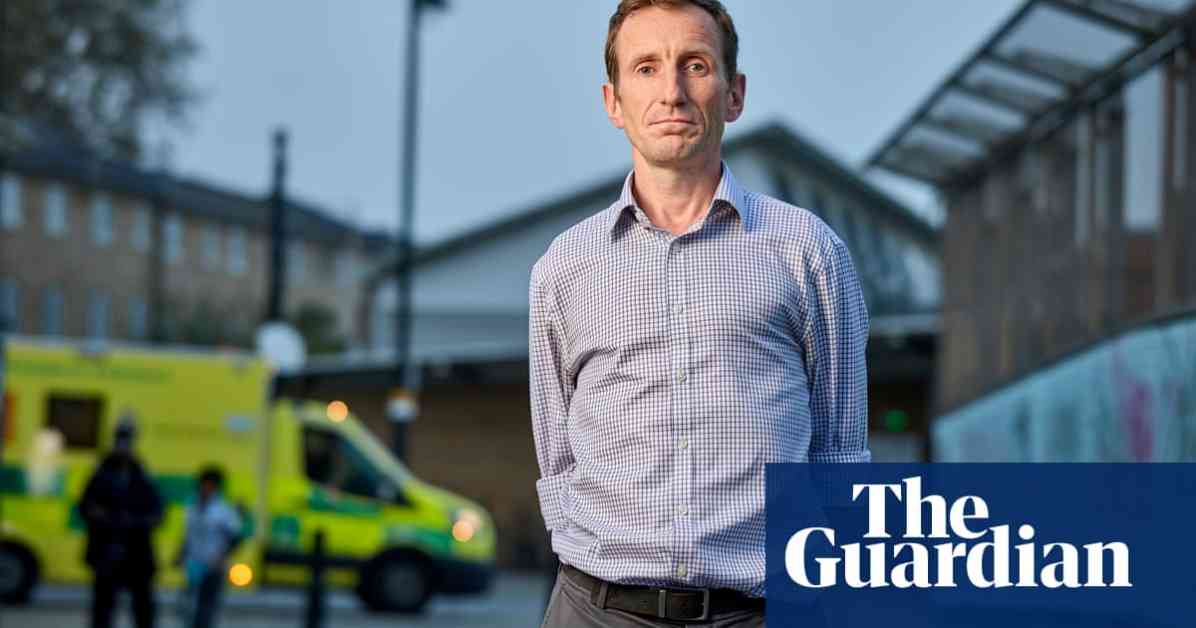A significant number of NHS medical staff in England and Wales may choose to invoke a “conscience clause” if assisted dying is legalized by parliament. Labour MP Kim Leadbeater’s private member’s bill states that no doctor would be obligated to participate in assisted dying. The British Medical Association (BMA), which remains neutral on assisted dying, believes doctors should have to actively “opt in” to an assisted dying process and have the right to refuse to carry out any activities directly related to assisted dying. The BMA wants doctors to have a genuine choice in deciding whether, and to what extent, they are willing to participate.
Surveys conducted by various professional bodies have resulted in mixed responses. In 2023, the Royal College of Surgeons found that 53% of respondents were in favor of assisted dying while 25% were opposed. In 2019, a Royal College of Physicians poll found 31% in favor and 43% opposed, and a Royal College of GPs survey in the same year found 40% in favor and 47% opposed. A BMA survey in 2020 revealed that 50% supported assisted dying, with 39% opposed.
Some NHS medical staff oppose assisted dying due to religious beliefs. A report from 2014 indicated that nearly seven out of 10 NHS workers had a religious affiliation. Approximately 10% of current NHS staff are Muslim. Several prominent faith leaders, including the Archbishop of Canterbury, the most senior Catholic leader in England and Wales, several imams, and the chief rabbi, have expressed their opposition to assisted dying in recent weeks.
Christian Concern, an evangelical organization that supports legal cases involving Christian workers, including NHS staff, stated that they would resist the bill at every stage but would ensure conscientious objection if it becomes law. Dr. Mark Pickering, the chief executive of the Christian Medical Fellowship, emphasized that a conscience clause may only offer limited protection.
Dr. David Randall, a renal consultant, mentioned that his Christian faith influenced his opposition to assisted dying, but his main concerns centered around the risks to vulnerable individuals and the trust between doctor and patient. He highlighted the lack of trust in medicine in multi-ethnic, deprived areas of London where he works, citing issues with late presentations of advanced kidney disease due to suspicion about treatment and care.
Dr. Nadia Khan, a palliative medicine consultant in Birmingham, noted that the majority of Muslim healthcare professionals were against the assisted dying bill due to practical, ethical, and religious concerns. Many would face moral distress if assisted dying were legalized, even with the provision of a conscience clause.
Despite opposition from some healthcare professionals, there are others who support assisted dying, often based on their experiences witnessing painful deaths. Six MPs who are also medics with palliative care experience wrote to colleagues urging them to support a change in the law. Sir John Temple, a surgeon and former BMA president, emphasized the need for a change in the law to provide more end-of-life choices for individuals who currently feel abandoned by the system.
In July, members of the Royal College of Nursing narrowly passed a motion supporting the principles of assisted dying. During the debate, emergency care nurse Cat Gibbons from Oxfordshire stressed the importance of nurses advocating for patients and supporting their decisions, even if it involves assisted dying.












